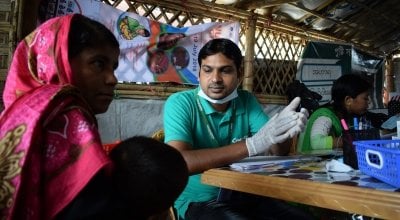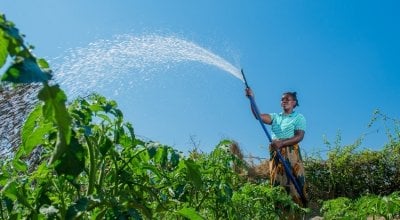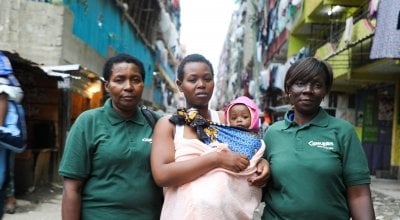
Read our 2023 annual report

Knowledge Hub
Why are we in Iraq? Years of conflict uprooted millions of people, eroded social cohesion, disrupted access to basic services, destroyed livelihoods, and led to increased protection risks. While the worst of the violence has receded, there is still much progress to be made towards recovery and development. In the meantime, millions of people across Iraq remain in need of humanitarian assistance.
Post-conflict doesn’t immediately equal post-crisis
Over 1.14 million people continued to be displaced in Iraq after years of conflict and hostilities, unable to return to their homes due to trauma and fear of persecution, damaged shelters, and a lack of opportunity to earn an income. Over 166,000 internally displaced people are living in camps and an additional 100,000 are living in informal settlements with critical shelter conditions. These IDP communities face challenges to accessing essential protection and water, sanitation, and hygiene (WASH) services.
Our programmes in Iraq seek to meet these basic needs of displaced people in camps and informal settlements, prioritising those most vulnerable such as children and women.
Latest achievements
Water, sanitation, and hygiene (WASH)
In 2023, our programme continued to improve both access to and quality of WASH services, reaching over 220,000 vulnerable people in northern Iraq.
Child protection
Working with national authorities
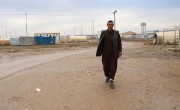
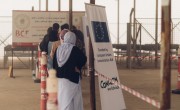
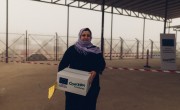

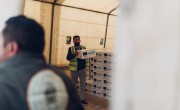

How we're helping Iraq
We are working hard to combat suffering and to build resilience in Iraq. We are doing this by establishing programmes which will offer protection services for children and tackle gender inequality.
Organisations who fund us

Other ways to help
Corporate support
Is your company interested in working together for a common cause?
Fundraise for Concern
From mountain trekking to marathon running, cake sales to table quizzes, there are lots of ways you can support our work.
Buy a gift
With an extensive range of alternative gifts, we have something to suit everybody.
Leave a gift in your will
Leave the world a better place with a life-changing legacy.
Volunteer with Concern
The lots of ways to get involved with our work as a volunteer
School fundraising
Without the generous support from schools, we wouldn't be able to do the work that we do.


